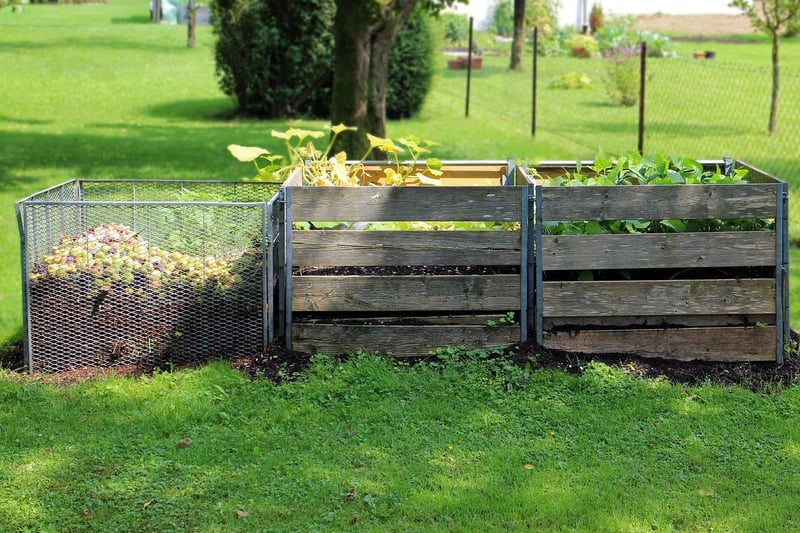Bokashi Method
Sustainable Waste Management for City Dwellers
Introduction
Living in a city often presents challenges when it comes to waste management. Limited space and resources can make it difficult to dispose of waste in an environmentally friendly manner. However, there are sustainable solutions available to city dwellers, such as the Bokashi method, that can help reduce waste and create nutrient-rich soil for plants.
Benefits of Sustainable Waste Management
- Reduces landfill waste
- Minimizes greenhouse gas emissions
- Creates nutrient-rich soil
- Promotes sustainability
The Bokashi Method
The Bokashi method is a Japanese composting technique that uses beneficial microbes to ferment kitchen waste. This process allows for the anaerobic decomposition of organic matter, including meat and dairy products, which are typically not suitable for traditional compost bins.
How to Use the Bokashi Method
- Collect kitchen waste in a Bokashi bucket
- Add Bokashi bran to the waste to aid fermentation
- Seal the bucket to create an anaerobic environment
- Allow the waste to ferment for a few weeks
- Bury the fermented waste in soil or a compost pile
Benefits of the Bokashi Method
- Easy to implement in small spaces
- Reduces food waste
- Produces nutrient-rich soil quickly
- Minimizes odors and pests
Conclusion
Sustainable waste management is crucial for city dwellers to reduce their environmental impact and promote a healthier planet. By adopting methods like the Bokashi technique, urban residents can actively participate in waste reduction efforts and contribute to creating a more sustainable future.

